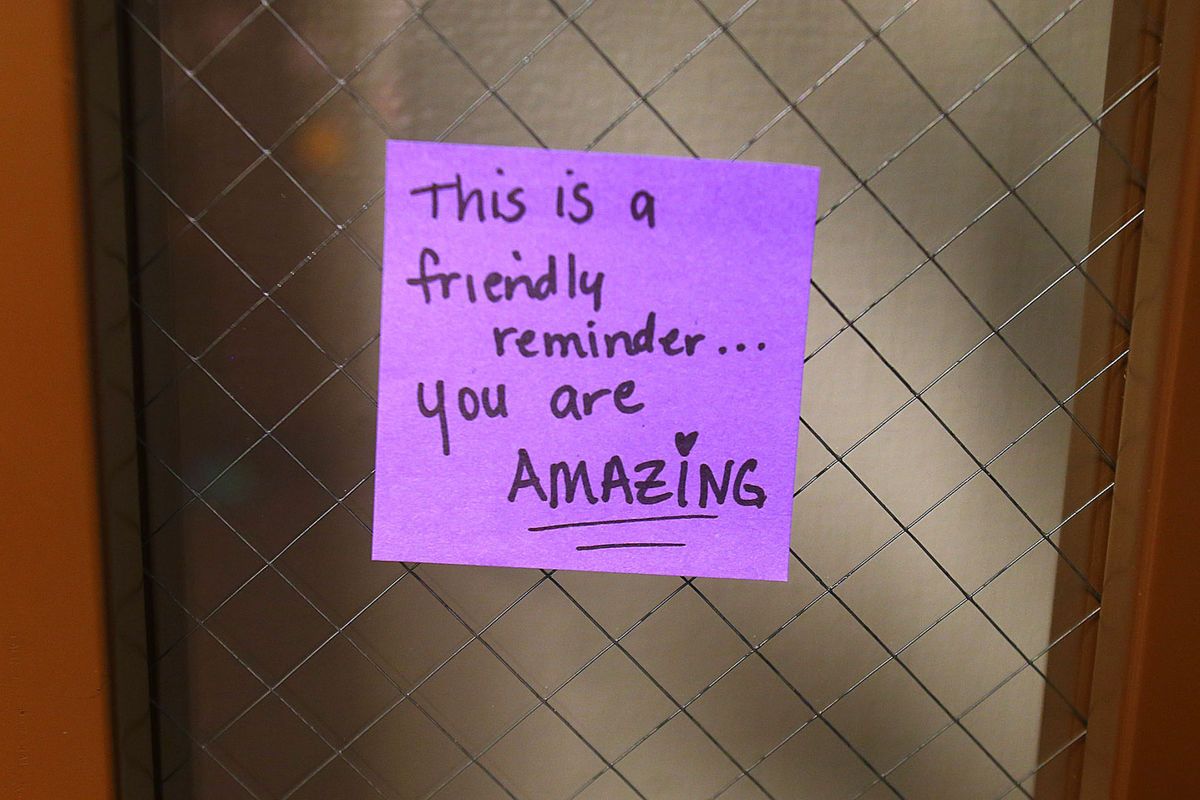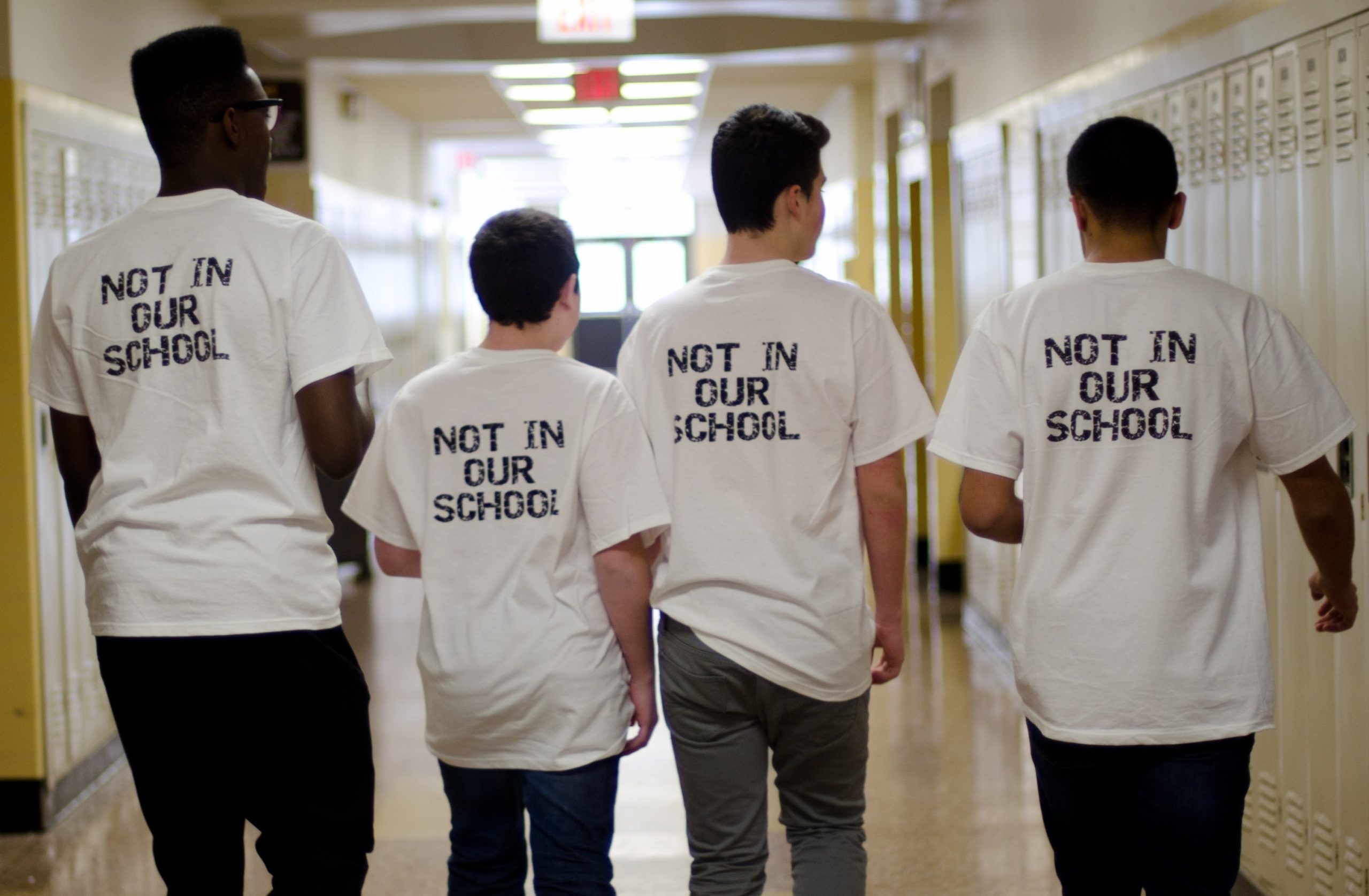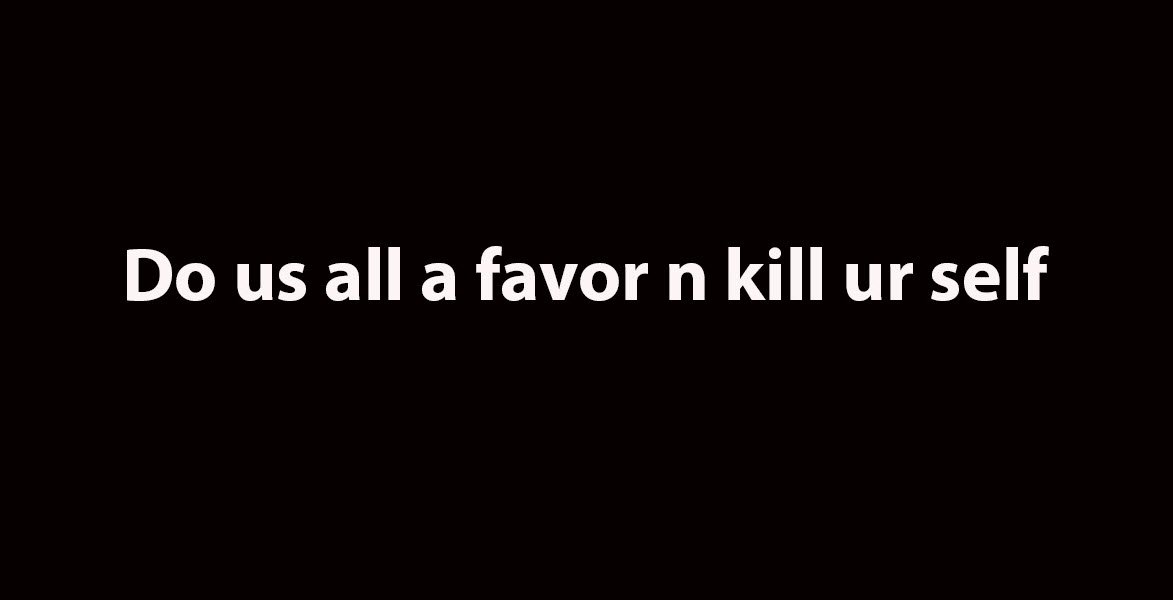
Messenger Kids Isn’t the Problem, But Perhaps Part of the Solution
The Campaign for a Commercial-Free Childhood wrote Mark Zuckerberg a public letter today asking the Facebook CEO to shutter its recently released “Messenger Kids” app. The concerns raised by these well-meaning organizations and advocates center on the risks potentially created by the early adoption of technology among kids. I’m unpersuaded by their argument and feel […]

Most Teenagers Aren’t Asking for Nude Photos
A recent New York Times headline caught my attention: “Teenagers, Stop Asking for Nude Photos.” Sage advice, I must admit, but I wondered where this was coming from. In the article, Psychologist Lisa Damour argues that we have long been warning children about the dangers (reputational and potential legal consequences) of sending sexually explicit images, […]

Teens Talk: What Works to Stop Cyberbullying
Many people like to ask me what works to stop cyberbullying when it happens. While I have some ideas on this question (over 15 years of studying the problem will lead to more than a few thoughts!), Sameer and I also like to hear directly from students about what they think will work, and—maybe more […]

A Teen’s Perspective on Social Media
Each year, we like to share a teen’s perspective regarding their social media use so that youth-serving adults can be “in the know” as to what adolescents are up to these days. I hope it updates you and provides an instructive viewpoint on the way in which teens approach technology use, friendships, online hate – […]

Positive Post-It Day
In case you haven’t heard, Positive Post-It Day is a worldwide phenomenon – and it all began with a Canadian teenager in the fall of 2014 who wanted to flip the script on bullying. Alberta student Caitlin Haacke was bullied at school and threatened on Facebook with suggestions to take her own life. Instead of […]

Cultivating Youth Resilience to Prevent Bullying and Cyberbullying Victimization
In an effort to better prevent and respond to bullying and cyberbullying, schools are recognizing a need to focus on positive youth development. One often-neglected developmental construct in this rubric is resilience, which can help students successfully respond to the variety of challenges they face. Enhancing this internal competency can complement the ever-present efforts of […]

Digital Self-Harm Among Adolescents
Purpose: Despite increased media and scholarly attention to digital forms of aggression directed toward adolescents by their peers (e.g., cyberbullying), very little research has explored digital aggression directed toward oneself. “Digital self-harm” is the anonymous online posting, sending, or otherwise sharing of hurtful content about oneself. The current study examined the extent of digital self-harm […]

The Social Bond: A Practical Way for Schools to Reduce Bullying
If you work in the youth safety space, you know that certain initiatives (such as resilience building) have focused on targets of bullying and cyberbullying. Other programming has concentrated attention on aggressors – to the kids who harass, humiliate, and threaten other youth offline and online. Here, restorative practices and social emotional learning (anger management, […]

Digital Self-Harm: The Hidden Side of Adolescent Online Aggression
“You should jump off a roof and kill yourself.” “You’re pathetic and don’t deserve to be alive.” “If U don’t kill yourself tonight, I’ll do it for you.” Each of these comments was recently posted to a popular anonymous social media app. I was contacted by a police officer who was investigating the incident. We […]

Be Careful Who You “Friend” Online: A Cautionary Tale
In our school assemblies, Sameer and I regularly talk with students about using social media safely and responsibly. One part of this discussion focuses on encouraging youth to only connect on private accounts with those they know and trust. In general, if a Facebook user, for example, has their privacy settings configured in a way […]

